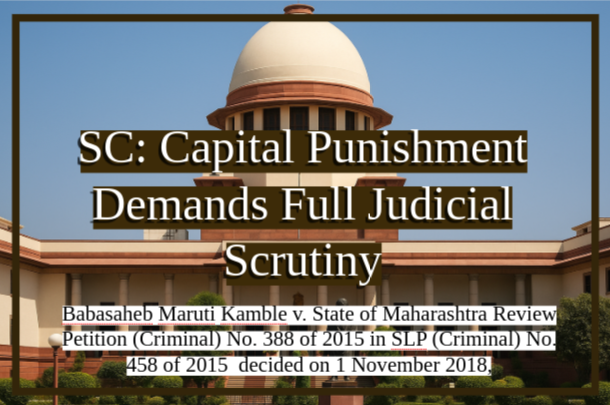The Arrest of Tyler James Robinson: Law, Charges, and the Presumption of Innocence
- M.R Mishra

- Sep 17, 2025
- 2 min read
The Utah County Attorney’s Office has announced the arrest of Tyler James Robinson in connection with the tragic killing of Charlie Kirk on September 10, 2025, at Utah Valley University. Robinson, a resident of Washington, Utah, now stands at the center of a high-profile criminal proceeding, one that will test both the rigor of Utah’s criminal statutes and the delicate balance between public outrage and constitutional protections.

According to the official statement, Robinson was booked on suspicion of three serious offenses:
aggravated murder under Utah Code § 76-5-202,
obstruction of justice under Utah Code § 76-8-306, and
felony discharge of a firearm causing serious bodily injury under Utah Code § 76-11-210.
These provisions carry some of the most severe penalties in the Utah criminal code. Aggravated murder, the gravest of the alleged offenses, allows for punishments ranging from twenty-five years to life with the possibility of parole, to life without parole, and potentially even the death penalty. Obstruction of justice and unlawful firearm discharge, while secondary in nature, nonetheless carry significant sentencing ranges, extending up to life imprisonment in the firearm charge.
The prosecutorial process, however, remains in its infancy. While Robinson has been arrested and jailed without bail, the filing of formal charges requires the Utah County Attorney’s Office to prepare a Criminal Information.
That document, which the office anticipates submitting by September 16, will officially mark the beginning of the criminal proceedings.

The prosecution has expressly cautioned that the booking charges are preliminary allegations only. By law, Robinson is presumed innocent until proven guilty beyond a reasonable doubt a principle enshrined both in the Federal Constitution and the Utah Constitution.
This presumption is not a hollow formality. The Utah County Attorney has emphasized the monumental scale of evidence review required, noting that court rules permit an extension for filing charges until September 19 if necessary.
The next procedural step, assuming timely filing, will be Robinson’s Felony First Appearance, scheduled for September 16 at 3:00 p.m. MDT. At that hearing, the court will inform Robinson of the charges and ensure that counsel is provided. While brief in nature, this initial appearance marks the formal entry of the judicial system into a matter that has already captured public attention.
The severity of the charges and the tragic loss of life will test the community’s faith in due process. In moments like these, the reminder that allegations are not convictions, and that justice requires both accountability and fairness, is more than a legal technicality it is the very foundation of the rule of law.








Comments